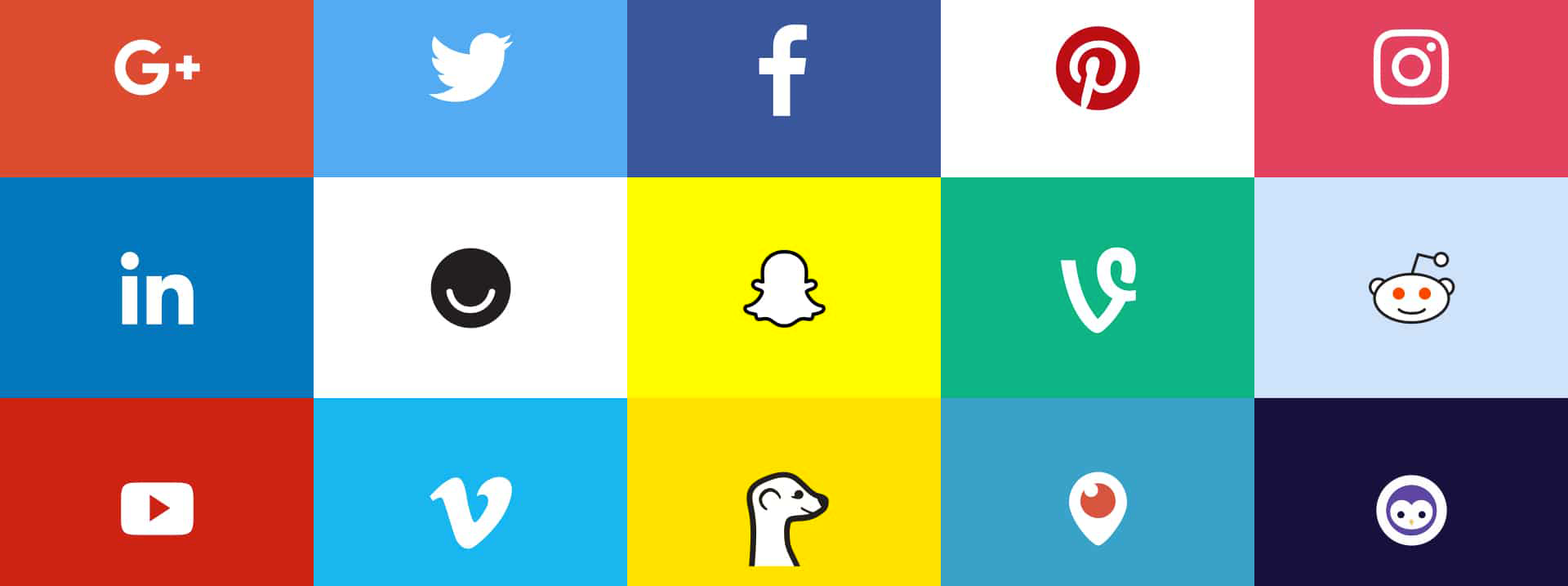Today, in 2018, being media literate is fast becoming an essential skill to have.
Although propaganda and the shaping of opinion is not something new, the current media environment makes the process of influencing people’s mind and behaviour much more effective and works on a larger scale using sophisticated tools such as surveillance machinery and behavioral science. It’s a new arena in which the pace of change, technological advances and innovation is so rapid that regulation and monitoring lag behind, creating a vacuum where mass manipulation is possible by those who have the means. The ways in which we are being manipulated are so camouflaged and subtle that we don’t even realise it is happening. Innocently we open Facebook to send a message to a friend and we are likely to be unaware of the forces at that moment that are conditioning our thoughts, opinions, behaviour and worldviews. Being media illiterate makes individuals more likely to fall prey to dishonest and unhealthy media habits.
We understand the concept of privacy when it comes to our material possessions and personal issues, we wouldn’t think twice about giving somebody our password to access our smartphone; and yet we haven’t yet understood or realised that everything we do online is being collected, analysed and used to create an extremely accurate personal profile that is then sold to the highest bidder.
When young people these days spend more time on YouTube and other social media than at school, when we now learn primarily through the screen, it’s clearly time to wake up. When we as individuals realise what is happening then society as a whole may be able to use these powerful resources for the interests of all and not just for a few selfish elite, progress and learning will speed up, humanity will improve its condition.
Before this happens, individuals should be at least aware of their state, and media literacy is key.
-You are a citizen. Meaning you can participate in public life through your vote for instance. Democracy is increasingly reliant on the capacity of people to obtain trustworthy information and shape opinion as to how to react to any given issue.
– You are a consumer. You can make informed decisions about your purchases, be able to recognise advertising and product placement, for instance. You can be aware of business models of social media where you are the product, you are consumed, and the corporate world makes a profit on you. In exchange you consume your time endlessly with your attention being grabbed and pulled in all directions in largely unsatisfactory online experiences.
– You are a human being. The capacity of managing your relationships online is also important. How you create and share posts, what you say and to who, and whether on WhatsApp or Messenger all have an influence. Our online behavior is always profiled to provide data to companies capable of making a “good” use of it. We read stories these days about how companies used personal data from Facebook of tens of millions of Americans to influence election results for instance.
The environment that surrounds us is full of different media we can interact with and that compete for our attention. Media literacy is the ability to access, evaluate, create and share in the media in all its forms, it is to be aware of how media is used and mis-used. In other words, it is the capacity of benefitting from the media, being aware of the processes and interests that are behind the screen and being in control of online decisions.
In order to acquire this essential 21st century skillset we need good and sound media education, starting at the youngest age. Today, Media education is still mainly taught by a few teachers of another subject who are interested in media but have not followed any structured training. For children to learn to be media literate, it must become a priority for the educational system. And this also means that the adults too need training. It is also crucial that research is ongoing but needs to be rapidly produced as in such a shifting environment, things quickly become out of date.
Inoculation is better than cure to fight for instance the “fake news” phenomena – or disinformation to use the correct term – but it takes time. We at EAVI believe that the response of the educational and regulatory systems should speed up considerably, as users themselves need support and guidance to acquire the necessary skills and knowledge. In any case, while media literacy is a key component in achieving social and political progress, is not a panacea for all threats. We believe therefore that it is not sufficient to simply raise awareness about how and why certain news is produced and consumed, but it is also necessary that authorities take a more active role in regulating the distribution of that information rather than hoping that millions of people will fast become media-wise.
To conclude, with the current ubiquity of the media, being media literate is now a prerequisite to participate in public life in all its forms, from education to commerce, politics to socialising. In today’s world this is nothing less than an essential human right.



